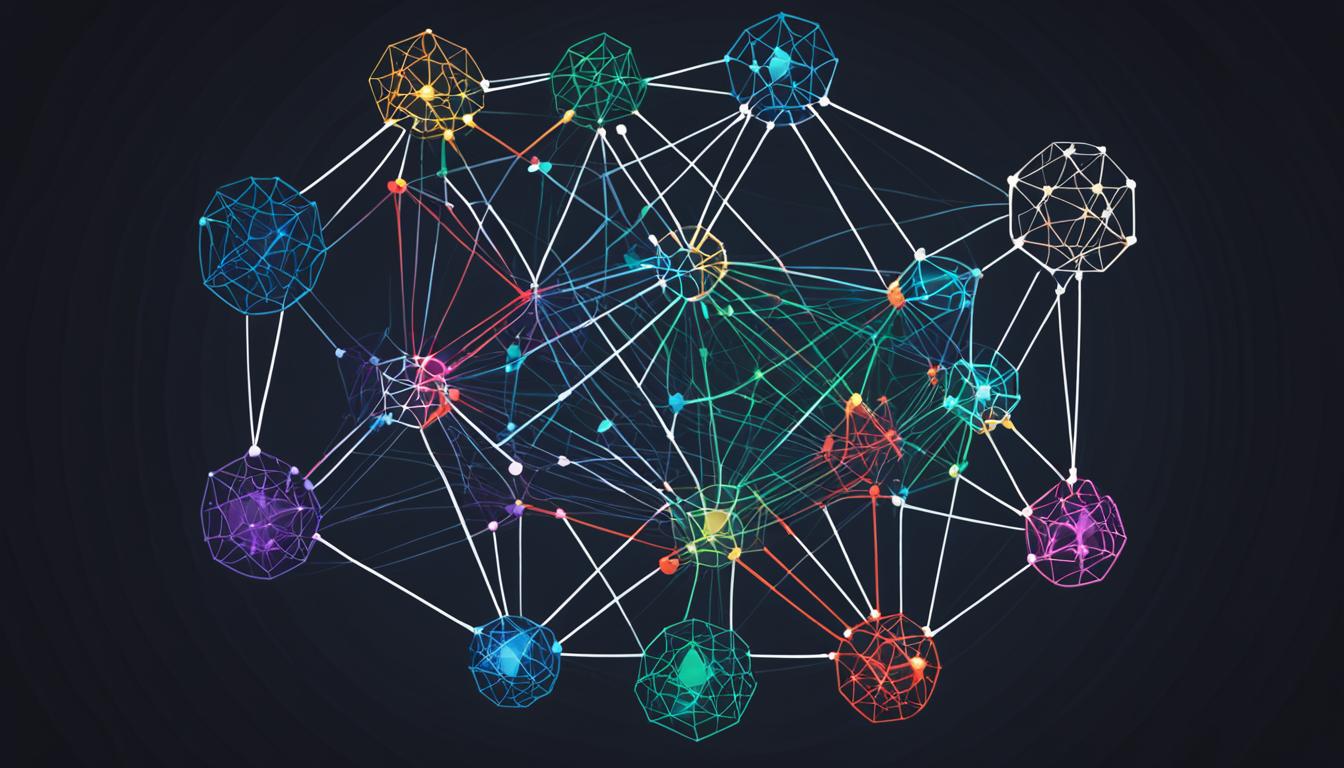DeFi, short for Decentralized Finance, is a new way to access financial services without relying on banks or intermediaries. Instead of going through traditional institutions, DeFi uses blockchain, smart contracts, and decentralized apps (dApps) to let people lend, borrow, trade, and earn interest—peer-to-peer.
Built mostly on Ethereum, DeFi platforms are open to anyone with an internet connection. Smart contracts handle transactions automatically and transparently. Popular DeFi tools include decentralized exchanges (DEXs), lending protocols, and yield farming platforms.
With DeFi, users keep full control of their assets through private keys. It offers global access, lower fees, and financial freedom—but also comes with risks like volatility, limited customer support, and smart contract vulnerabilities.
DeFi is still evolving, but it’s reshaping finance by making it more open, accessible, and user-driven.

